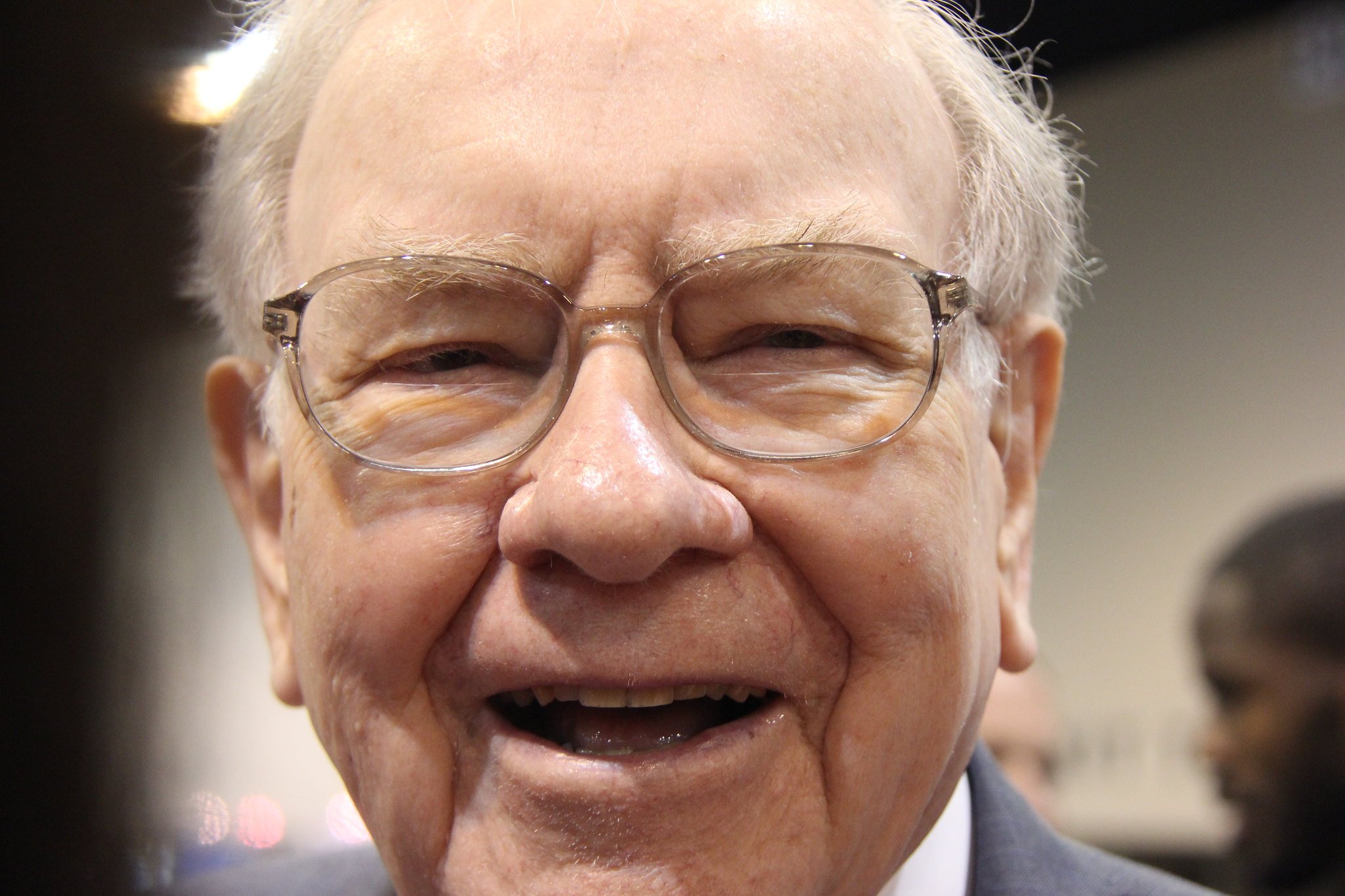Berkshire Hathaway (BRK.A +0.67%) (BRK.B +0.51%) and its chief executive officer, legendary investor Warren Buffett, continued to shun stocks in Q2. Buffett has long been considered one of the world's best investors, but he's been selling a lot more stocks than buying recently.
In fact, the second quarter was the 11th straight quarter in which Buffett was a net seller. During the quarter, he bought about $4 billion in stock while selling roughly $7 billion. Last year, Buffett aggressively pared his stakes in a few top holdings, most notably Apple and Bank of America. In total, he was a net seller of more than $130 billion worth of stock last year.
Berkshire also continued its streak of not buying back any of its own stock. The conglomerate hasn't made any repurchases since May 2024. Buffett previously would only buy back stock when Berkshire shares were trading at 1.1 times book value or below, before later moving it to 1.2 times. It then stopped using price-to-book (P/B) altogether, saying it wasn't necessarily reflective of Berkshire's true intrinsic value.
However, as Berkshire's P/B has crept up, he's stopped buying back stock. Berkshire P/B now stands at 1.5 times, down from about 1.8 times earlier this year and closer to where it's been trading the past few years. It will likely have to write down its investment in Occidental Petroleum, as it is carrying the 25% position it has in the stock on its balance sheet at more than $4 billion above its current value, but given Berkshire's size, that should have a minimal impact on its book value.
Meanwhile, Berkshire ended the quarter with a colossal $344 billion in cash and equivalents on its balance sheet. Taken altogether, it appears that Buffett continues to think the value of stocks, including his own, remains too high.

NYSE: BRK.B
Key Data Points
In Berkshire's annual letter from March, Buffett said he believed investing in good businesses is still the best use of cash over the long term. However, he noted that given its size, Berkshire isn't able to nimbly make large investments, so it needs to get them right the first time.
As for Berkshire's Q2 results, they were nothing to write home about. After-tax operating profit fell 4% to $11.2 billion, but that was largely due to currency swings. The company saw strength at its Burlington Northern Santa Fe railroad, where operating income climbed 20%, while its utility portfolio saw a 7% jump in profit. Its insurance underwriting profit, however, sank 12%. Meanwhile, it warned that the one big beautiful bill signed into law could hurt its utility business due to a reduction in tax credits for renewable energy. Berkshire's utility business has one of the largest portfolios of wind farms in the country.

Image source: Getty Images.
Should investors follow Buffett's lead?
Buffett is clearly cautious about the stock market at this time, including his own company's stock. He's been reducing Berkshire's equity positions while also not buying back stock. That combination has led to Berkshire having a mountain of cash at its disposal, which he hasn't felt inclined to use.
If Buffett thinks Berkshire stock is overvalued and doesn't want to buy it, I think that is a good indication that investors shouldn't be piling into it at this moment. If he starts buying back shares again, then investors can return to more aggressively buying the stock for themselves.
As for the market as a whole, I would not recommend trying to time the market for the average investor. The best course of action is to still follow a simple dollar-cost averaging strategy, where you invest a set amount each month. Exchange-traded funds (ETFs) can be a great vehicle for this strategy, as can Berkshire stock itself, as it is a sound collection of businesses and stocks.









